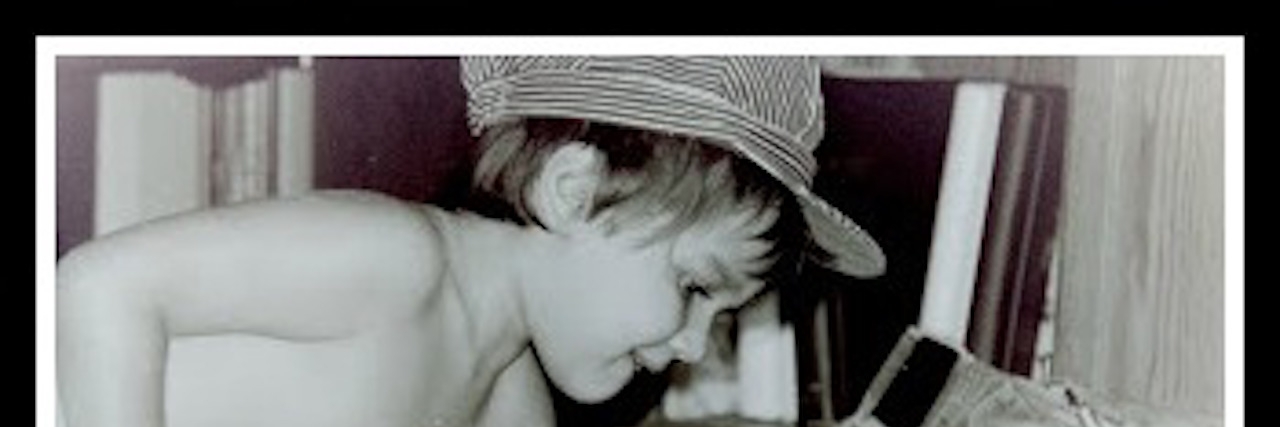Dear Doctor,
Remember us? I was the frazzled young mom who waited two hours to see you that afternoon. I’d only slept for an hour and a half the previous night, as that’s all my child on the autism spectrum would sleep. I robotically tried to keep that same child busy while you took your time getting to the exam room.
When you did grace us with your presence, you accidentally hit my kid in the head with the door. You got to witness a meltdown in full force. I clearly remember you trying to step out. I was over it at that point, so I refused to budge from the door. Yes, I did tell you to talk over the screaming.
You looked me dead in the eye as you boldly proclaimed my child was “unfixable.” You told me to find a group home for him immediately before I “got attached.” What? Who tells a mom to do something before she gets attached to her child? Newsflash, doctor, my son knows what my heart sounds like from the inside. We’re already attached forever.

The rest of your words were a blur. I heard the word “autism.” I took the brochures from your hands. I heard you say my child would have no quality of life. Autism had “stolen him away from me.” There was nothing I could do now but have another child and get on with my life. I couldn’t breathe as the tears fell freely down my face. You almost stole my hope. Almost.
No one does better research than a mother whose child is struggling. I spent every available hour at the library checking out books. In a time when Google was new to the scene, I commissioned my husband to find out everything we could about autism. We poured over therapies, costs, diets… anything autism-related.
We took stock of our financial situation. We literally listed every challenge Logan had that we needed to address and then prioritized what to work on first. We spent hours upon hours filling out applications for services, all while caring for this child. Our family was in survival mode, but that was about to change.
We stopped listening to doctors who were more interested in telling us how awful our situation was, and turned to others who were interested in helping. We discovered we were smart as well as capable enough to know how to help him. We knew his needs. We researched ways to help him both conventionally and unconventionally. We started caring less about what other people thought and more about what helped our child.
We remained committed to helping our child with whatever resources we had available. We lost family members, friends and money, but we never lost hope. We drove clunker cars, skipped meals and sold our belongings.
You’re probably wondering why we would do that for a child deemed “unfixable.” Let me tell you a secret. He wasn’t broken. He legitimately needed help navigating this world. He needed interventions to make life bearable. He approached life from a different angle. His brain is wired differently. We had to be creative in teaching life skills as well as academics.
All that effort culminated this week when that “unfixable” child graduated on time from high school. That “unfixable” child will start college in the fall albeit on a slower schedule than his peers. That “unfixable” child will get his learner’s permit this summer. I anticipate that “unfixable” child being able to live independently within the next five years.
Instead of telling parents their child is “unfixable,” perhaps you could tell them there is hope. Their child may look different than they envisioned. Their future may seem uncertain. They will want to quit on more than one occasion. What they need to hear from you is that no matter what happens, there is hope for their child.
I still pray for you after all these years. I have long since forgiven you. I am grateful you felt it was your job to make me aware of how “unfixable” my child was, as well as what you deemed the correct course of action. Eventually, I would accept the challenge to prove you wrong. Challenge accepted and accomplished.
Follow this journey here.
The Mighty is asking the following: Describe a moment you were met with extreme negativity or adversity related to your disability and/or disease (or a loved one’s) and why you were proud of your response — or how you wish you could’ve responded. Check out our Submit a Story page for more about our submission guidelines.

